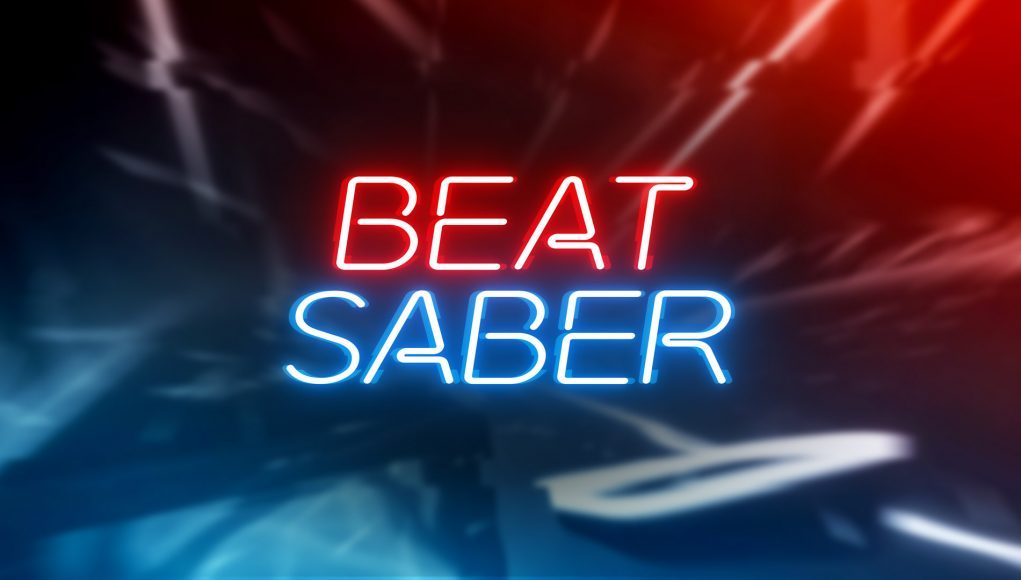Jan ‘Split’ Ilavsky, founder of Beat Games and creator behind VR’s favorite block-slashing rhythm game Beat Saber (2018), left the studio late last month, stepping down from his position as the game’s Creative Director. Now, Ilavsky tells Road to VR he’s taking an extended break from VR altogether.
After creating one of VR’s most successful games financially to date, which generated over $100 million in revenue in 2021 alone, it’s safe to say Ilavsky deserves a break.

Speaking to Road to VR, Ilavsky says he doesn’t have “any big plans ready now,” saying that he “most probably won’t be doing any VR for some time.”
“The last six years have been an amazing ride,” Ilavsky said on X. “When I created the first prototype of Beat Saber, I thought it might be just another small solo project, similar to some of the games I had made before. However, something felt different this time.”
First demoed publicly at GDC 2018, it was clear the Czechia-based studio had something special in their hands. Back then, the indie studio was still running under the name Hyperbolic Magnetism, although it wasn’t long before it adopted the moniker Beat Games, which was right around the time it was acquired by Meta (ex-Facebook) for an undisclosed sum.
Launching with music created by composer and DJ Jaroslav Beck in 2018, who also recently left the company, Meta’s deep pockets and industry contacts transformed the viral sensation into a revenue-generating powerhouse, striking deals with record labels to bring to the game music from a host of artists, including Lizzo, Skrillex, BTS, Green Day, Timbaland, Linkin Park, Imagine Dragons, and more recently Daft Punk.
While Ilavsky is taking a break from VR, he would eventually like to return to his roots: “working on innovative games,” he says. “The game industry is a challenging place to be, and I couldn’t be more grateful for all the experiences I’ve had and the amazing people I’ve met along the way.”







